The Belt and Road Initiative comes to its 10th anniversary in 2023. In recent years, under the requirements of the national educational strategy for external development,China University of Petroleum (East China) gradually improved international educational performance and influence, and contributed to energy cooperation among countries along the Belt and Road. Recently, UPC’s typical practice serving the Belt and Road Initiative has been reported by several media.
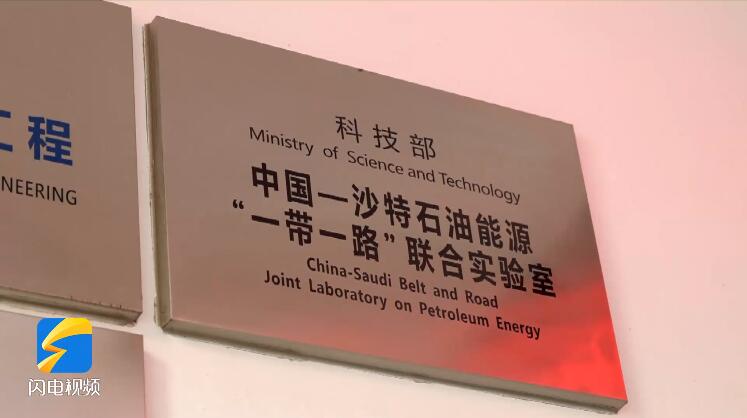


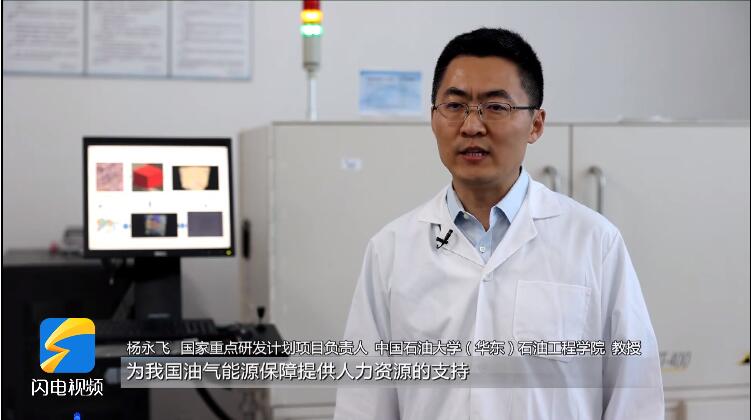
In recent years, guided by the goal of “a world-class university in energy with Chinese characteristics”,UPC has vigorously built an international ecological system with UPC features and strengthened the cooperation in education and science and technology with countries along the Belt and Road. We have sent more than 4,200 students to study in nearly 20 countries and regions, enrolled and cultivated nearly 2,800 international students from 102 countries in the past five years, set up four international training centers and a Confucius Institute and provided assistance for the construction of a petroleum institute in countries along the Belt and Road. We also have cultivated more than 9,000 scientific, technological and management talents for BRI countries, and more than 4,000 personnel for Chinese enterprises there.
The Confucius Institute of China University of Petroleum (East China) at Mining-metallurgy Institute of Tajikistan (MMIT) (hereinafter referred to as MMITCI) was agreed to be established under the witness of the heads of China and Tajikistan on September 13, 2014, and officially operated on August 20, 2015.Since its establishment, MMITCI has been committed to localization, specialization and popularization of Chinese language and culture, contributing to the cultivation of high-quality talents needed for the economic and social development of Tajikistan, the enhancement of the friendship and people-to-people exchanges between the two countries, and the joint building of the Belt and Road. It has become a flower of the Chinese language blooming in Tajikistan.
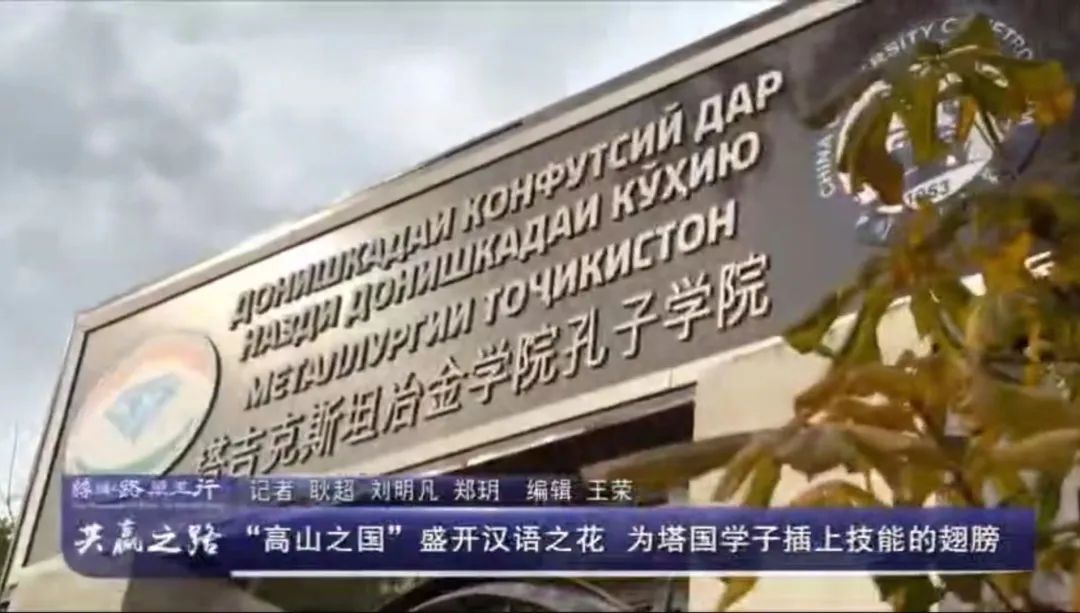
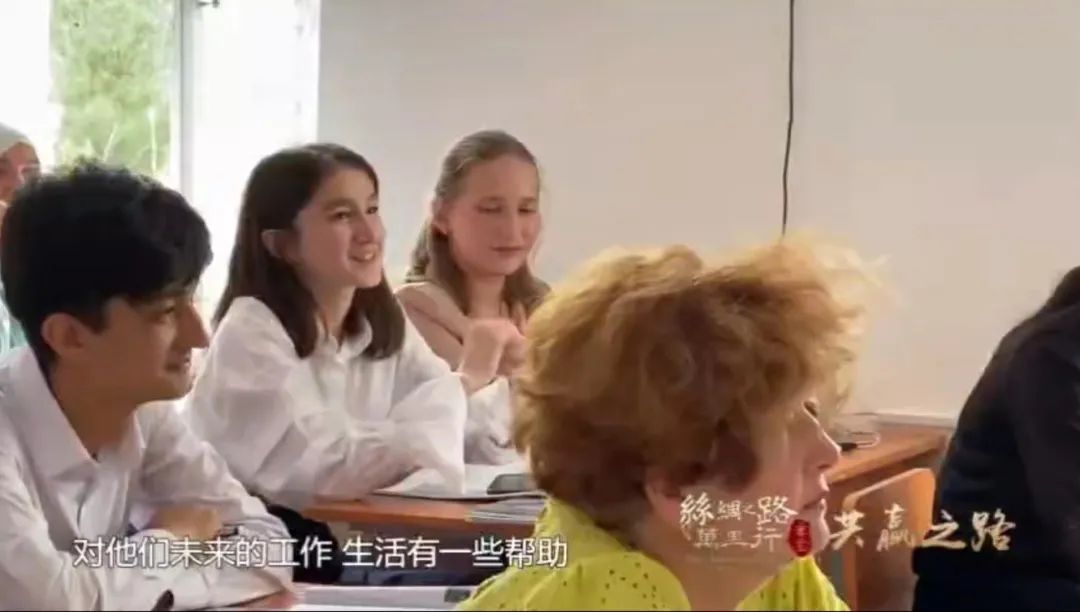

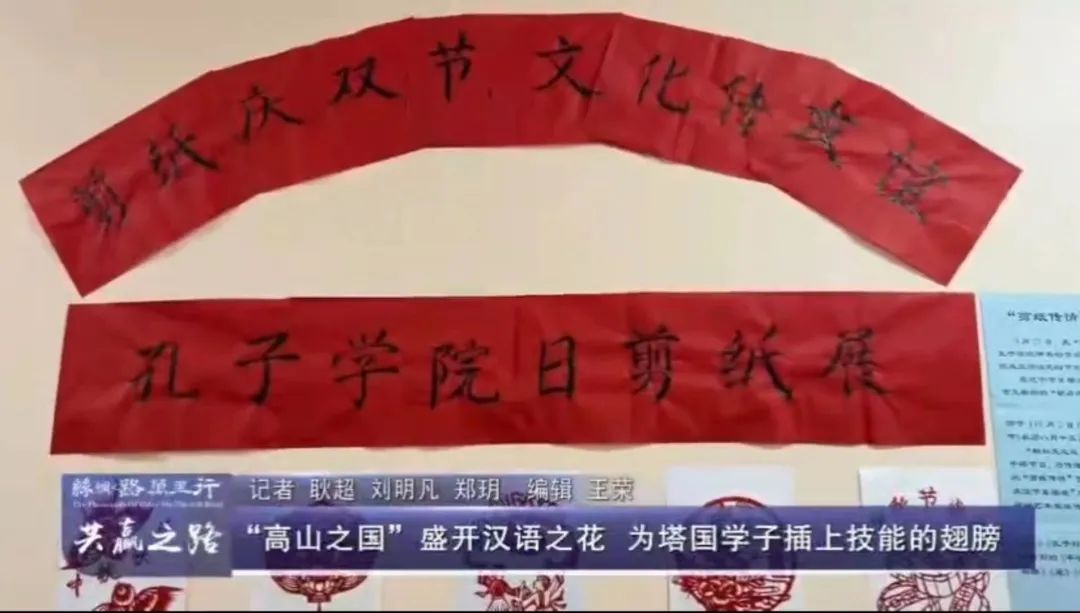
According to Ren Gengtian, the Chinese Director of MMITCI, the institute has cultivated a total of more than 6,000 students since its establishment eight years ago, and the employment rate has almost reached 100%. The students who have learned Chinese in the Institute works in various fields of China and Tajikistan, showing the profound vitality of the long-lasting friendship between China and Tajikistan and the bright prospects of China-Tajikistan cooperation in the new era. The “Chinese +” program of MMITCI not only improves the comprehensive competitiveness of Tajikistan students, but also cultivates and reserves a large number of local talents in energy field for promoting the local economic development of Tajikistan, serving the China-Tajikistan Belt and Road cooperation and economic and cultural exchanges.
On May 18, 2023, the heads of China and Tajikistan signed the Joint Statement of the People’s Republic of China and the Republic of Tajikistan, which specifically mentioned that the two sides highly valued the important role played by the Confucius Institute at Tajik National University and MMITCI in learning Chinese language and culture. Now, most of the graduates of the MMITCI and the trainees commissioned by enterprises are working in professional positions in a number of large China-invested energy enterprises in Tajikistan, and many of them have become middle management cadres in the enterprises, playing an important role in China-Tajikistan economic cooperation and the construction of the Belt and Road. MMITCI not only promotes the cultural exchanges between China and Tajikistan, but also has become a vivid proof of the mutual understanding between the people of the two countries.
Translated: Jiang Shaofei
Reviewed: Xu Xiaoyan
Updated: 2023-10-24